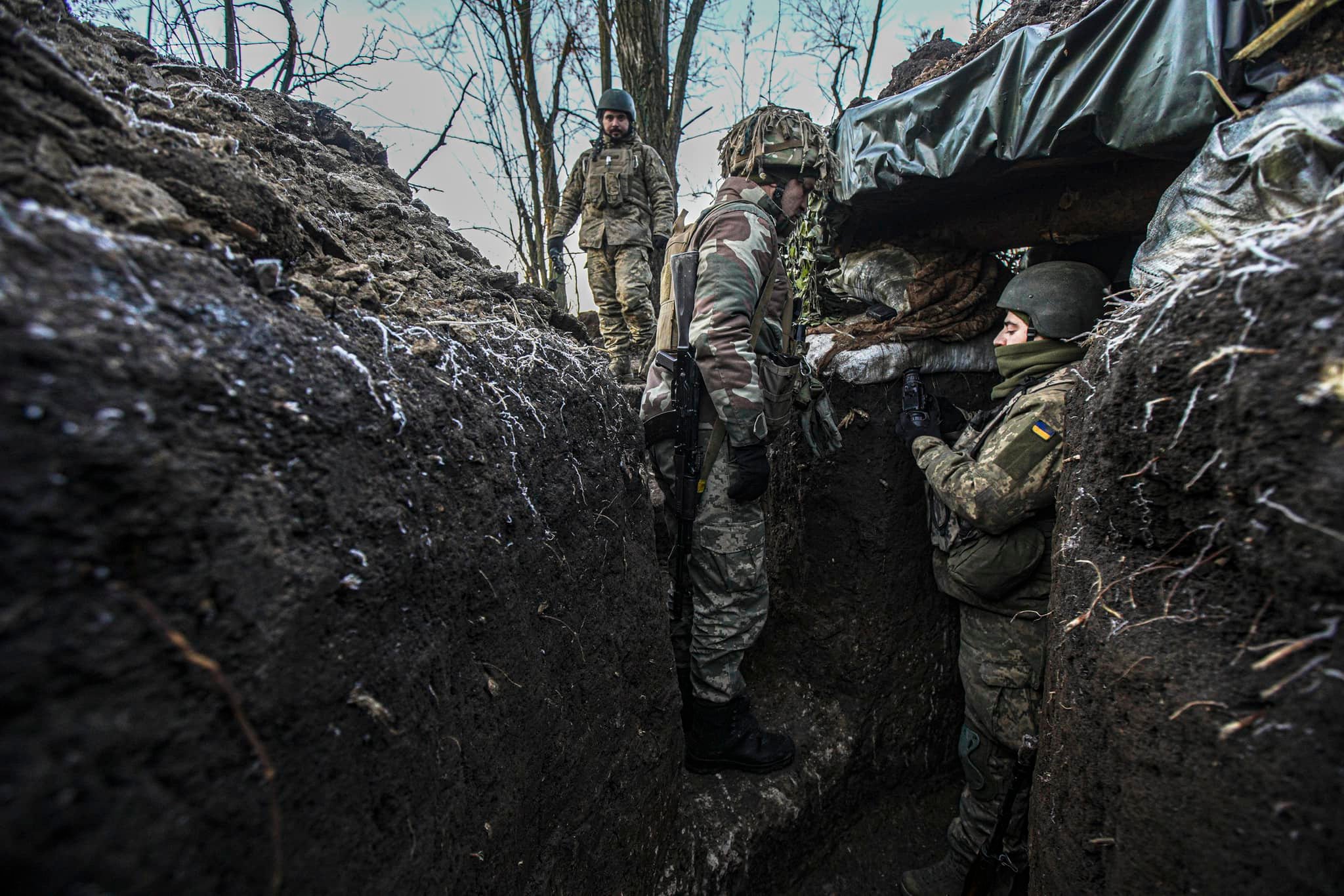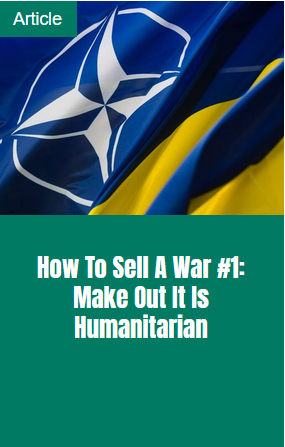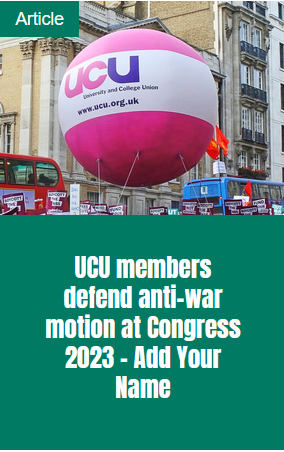
Stop the War coalition Newsletter 19/06/23
Posted: 18th June 2023

Newsletter – 09/06/23
A New Phase of Destruction

Yet calls for peace and a negotiated settlement are treated with contempt. In Vienna this week a global peace conference was the victim of cancel culture as venues pulled out at the last minute at the behest of Austria’s Ukrainian ambassador. In an attempt to smear those involved in the peace summit the ambassador accused the organisers of being fifth columnists and Russian stooges. In a war supposedly being fought for democracy censorship is rife.
Why We Need Peace in Ukraine – Online Meeting
.png)
Following the backlash against the UCU anti-war resolution StW is inviting all activists and trade unionists to join us to discuss the prospects for peace in Ukraine. On Tuesday 20 June at 6:30pm we will hear from Stop the War’s Lindsey German, activist and journalist Tariq Ali and Sean Vernell from UCU’s national executive committee.
This Week’s Anti-War Briefing

